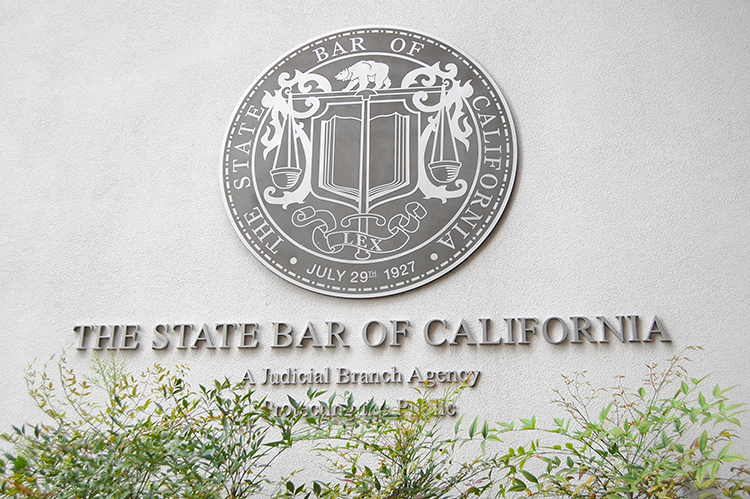Purdue Global will add full-time JD program, while 2 small California law schools will close

The State Bar of California’s Committee of Bar Examiners approved several policy changes regarding its state-accredited and unaccredited law schools, along with unveiling a new report detailing their outcomes at its June 21 meeting. (Image from Shutterstock)
The State Bar of California’s Committee of Bar Examiners approved several policy changes regarding its state-accredited and unaccredited law schools, along with unveiling a new report detailing their outcomes at its June 21 meeting.
Purdue Global Law School, described as the oldest wholly online law school, received approval from the California regulators to add a full-time online JD program in January 2025 to its part-time program. Purdue Global is accredited by the State Bar of California. While the ABA does not accredit fully online law schools, the council of the Section of Legal Education and Admissions is examining what standards would be necessary to do so.
California is home to 18 operating ABA-accredited law schools, but the State Bar of California also accredits law schools. Graduates of either can sit for the California Bar Exam, as can those who’ve attended distance-learning or correspondence law schools that are unaccredited by the ABA or the state.
While Purdue Global’s growth plans received a nod, the committee approved two schools’ plans to close and others were cited with areas of noncompliance.
Family-owned Glendale University College of Law, a California-accredited law school, was granted permission to voluntarily close its doors September 1.
In addition, Irvine College of Law, a registered, unaccredited distance-learning law school, is moving forward with its decision to close voluntarily July 31, according to a report by the committee. Westcliff University will serve as custodian of its students’ and graduates’ records. The school has worked with its students to create transition plans to allow them to complete their legal education, according to the board’s posted report.
This follows the May 31 closure of Peoples College of Law, an unaccredited law school. After 15 years of noncompliance issues, the committee in December announced its withdrawal of the Los Angeles-based school’s registration and termination of its degree-granting authority.
Meanwhile, two unaccredited law schools—Lincoln Law School of San Jose and the Pacific Coast University School of Law—were found to be out of compliance in more than a dozen areas each, and concerns regarding financial instability were mentioned in a report for each school. Both had their registrations renewed.
These moves came as the state published the 2023 California Accredited and Registered Unaccredited Law School Performance Report, presented at the meeting.
In July 2023, 22% of bar examinees from the state-accredited schools passed, compared with 12% from unaccredited law schools, according to the report. For that same exam, 51% of the entire testing population passed.
But attrition issues are pervasive. About 46% of students who started at a state-accredited school and 48% of students at unaccredited schools did not enroll in a second year, according to the report.
In 2012, there were 40 state-accredited and unaccredited schools; as of fall 2023, there were 28. The number of unaccredited schools fell from 25 to 13—almost entirely related to voluntary closures, according to the June report.
Many of the unaccredited law schools focus on serving underrepresented students. More than half of students enrolled at California-accredited and unaccredited law schools, 57% and 51%, respectively, are people of color, according to the report.
Also according to the report, tuition and fees to complete a JD average $74,396 for a California-accredited law school, compared with $44,945 for an unaccredited law school.
In 2022, unaccredited law schools awarded 1% of the JD degrees but accounted for 4% of the state’s enrolled law school student population, according to the earlier Profile of California Law Schools.
Write a letter to the editor, share a story tip or update, or report an error.



